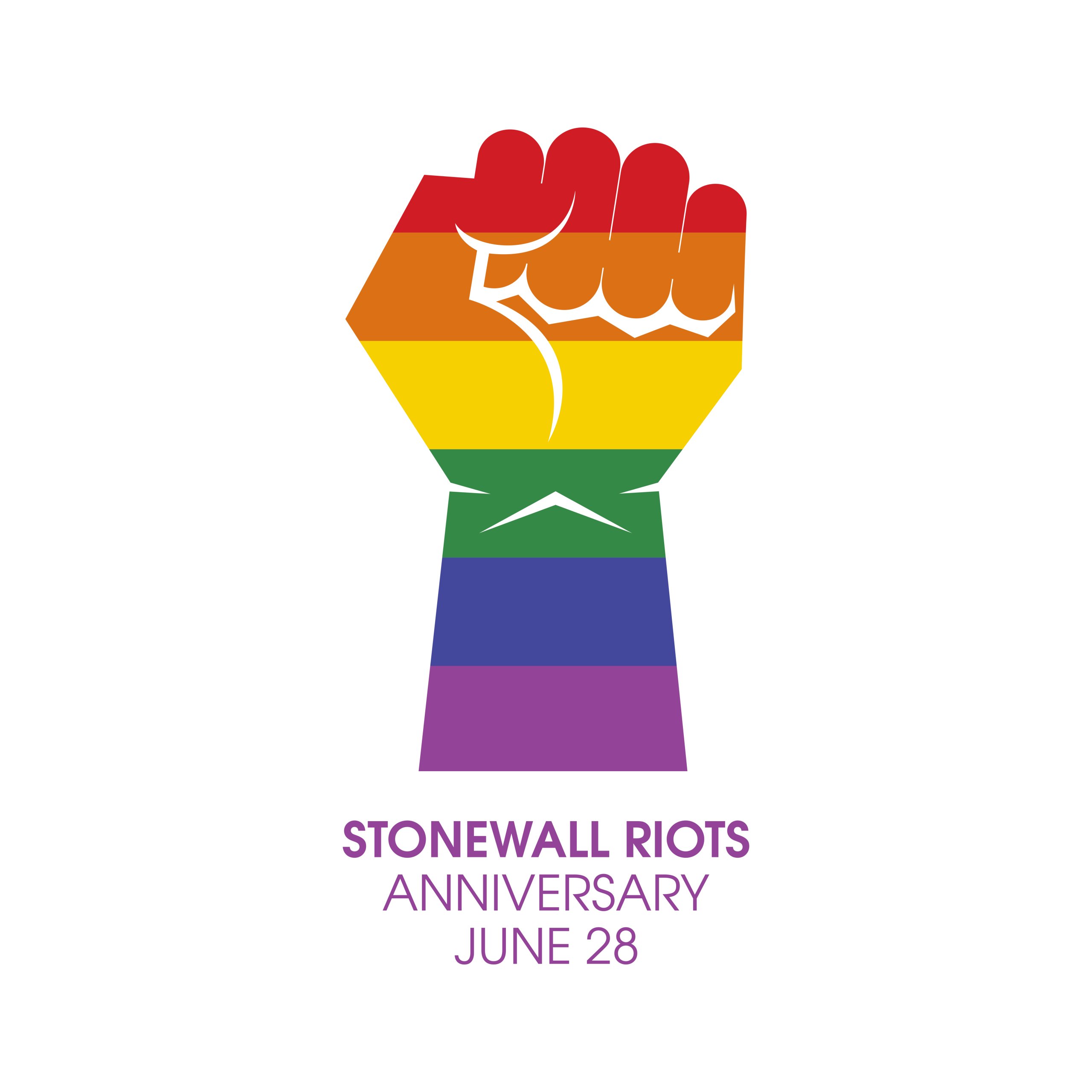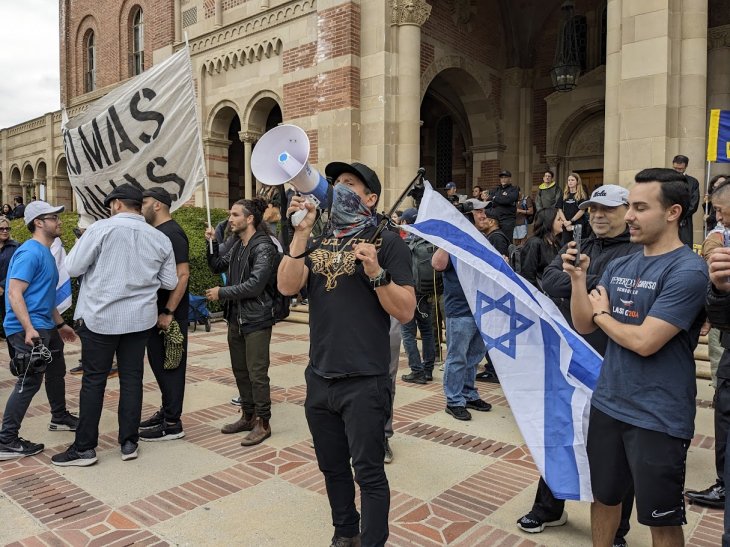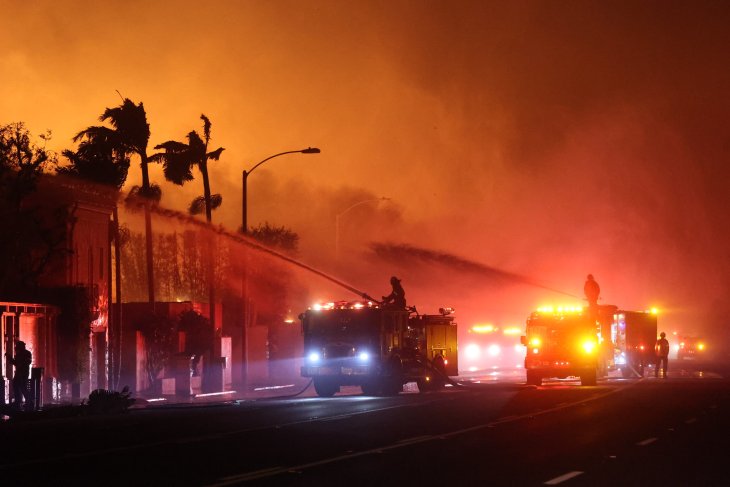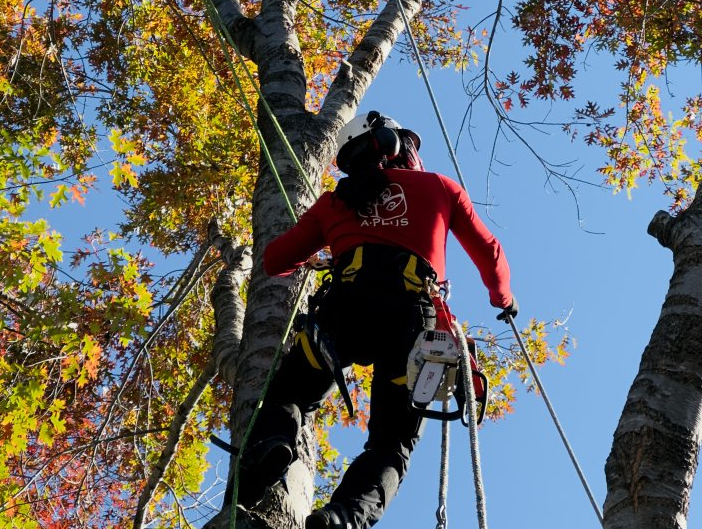As Pride Month kicks off, it is essential to reflect on the significant event that sparked the modern LGBTQ+ rights movement: the Stonewall Riots. The events of June 1969, at the Stonewall Inn in New York City, marked a turning point in the fight for LGBTQ+ rights and became a symbol of resilience, activism, and pride. Understanding the history of the Stonewall Riots is crucial to appreciating the significance of Pride Month and its continued importance today.
Prior to the Stonewall Riots, LGBTQ+ individuals faced widespread discrimination, persecution, and social marginalization. Homosexuality was considered illegal in most parts of the United States, and raids on gay bars were common. However, the Stonewall Inn, a popular gathering place for LGBTQ+ people, became the backdrop for a defining moment in the struggle for equality.
In the early hours of June 28, 1969, a routine police raid at the Stonewall Inn ignited a spontaneous uprising. The patrons of the bar, tired of enduring constant harassment and oppression, decided to resist. The ensuing protests, which lasted for several days, brought together a diverse range of individuals from the LGBTQ+ community and allies.
Marsha P. Johnson, a Black transgender woman, and Sylvia Rivera, a transgender activist, were among the key figures leading the resistance. Their courageous actions and the collective defiance demonstrated during the riots helped galvanize the LGBTQ+ community, sparking a wave of activism across the country.
The Stonewall Riots ignited a flame of empowerment and solidarity that was previously unseen. They marked a shift in the perception and treatment of LGBTQ+ individuals, as the community refused to be silenced any longer. The riots inspired the formation of numerous LGBTQ+ advocacy organizations, such as the Gay Liberation Front and the Gay Activists Alliance, which fought for equal rights and an end to discrimination.
The events at Stonewall served as a catalyst for Pride parades and demonstrations held worldwide. These events became an annual celebration of LGBTQ+ identity, visibility, and progress. Today, Pride Month is an opportunity to honor the bravery of those who fought for LGBTQ+ rights, remember the struggles they faced, and acknowledge the ongoing work needed to achieve full equality.
Pride Month has evolved into a time to recognize and celebrate the diverse contributions of the LGBTQ+ community to society. It serves as a reminder of the progress made since the Stonewall Riots, as well as the challenges that still exist. It is a month of advocacy, education, and support for LGBTQ+ individuals and their rights, as well as an opportunity for allies to show solidarity and help create a more inclusive world.
The importance of the Stonewall Riots to Pride Month cannot be overstated. They serve as a reminder of the power of collective action, the resilience of marginalized communities, and the ongoing fight for justice and equality. The legacy of the Stonewall Riots lives on in the continued struggle for LGBTQ+ rights, and Pride Month stands as a testament to the progress made and the work yet to be done.
As we celebrate Pride Month, let us remember the bravery of those who fought at Stonewall and honor their legacy by continuing to advocate for a world where every individual is free to be their authentic self, regardless of sexual orientation or gender identity.























